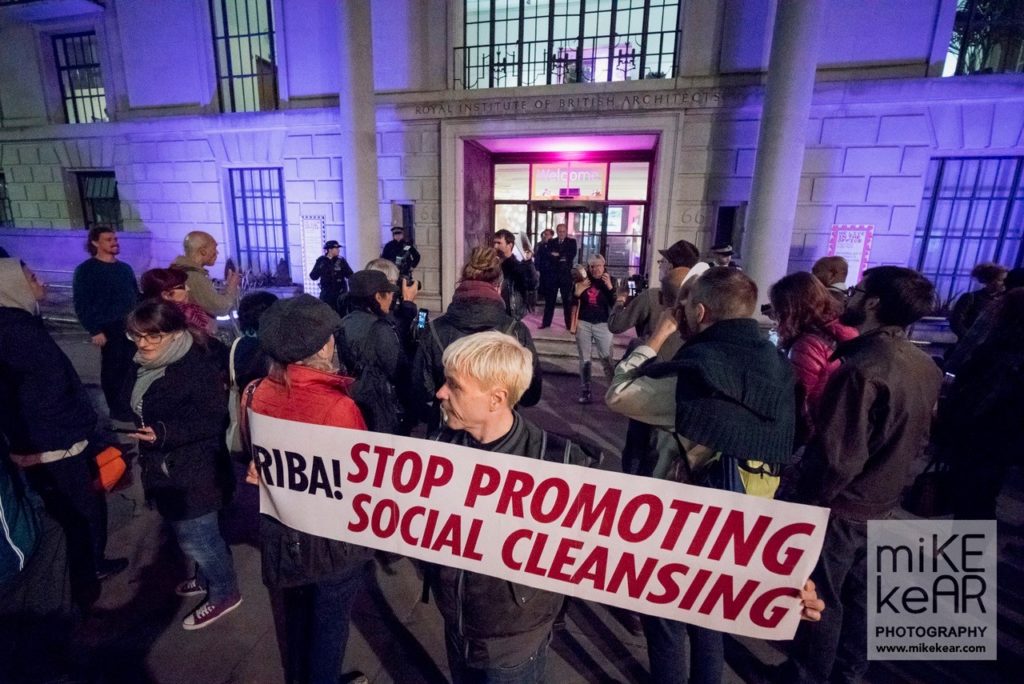Description
Please join 221A Fellows, Architects for Social Housing (ASH), for a workshop on the political implications and social development strategies that are born from the global housing crisis. This workshop is the final in a series of four, which take place Friday afternoons from July 19 to August 9, 2019. The final workshop “The Political” asks the questions:
- Which are the institutions in which a socialist architecture is practiced?
- How can architects participate in political processes?
- How can architecture practice institutional critique?
- How can architects change policy?
- What is a political architecture?
Voting for this or that political party, or waiting for changes in legislation or policy, isn’t enough when there is a cross-party consensus on the marketization of housing provision. Nor is denying the political agency of the architect under the profession’s rapidly diminishing field of expertise and influence. It is this denial that is both cause and consequence of the reduced remit of the architectural profession. Architecture is always political, and a socialist architecture must apply pressure on both local and municipal authorities and government to write policy and legislation that will make it possible to pursue socialist practices further within our current capitalist system.
A socialist architecture must have a duty beyond meeting Neo-liberal policies specifically designed to remove any curbing of market forces. This duty begins with the well-being, safety, and lives of the users of their products and extends out to encompass the total social, financial and environmental impacts of the work in which they participate from its inception and construction through the whole lifespan of its use, re-use, and the afterlife.
A socialist architecture is one that priorities residents and users over the profits of developers; recognises that the question of how to save the environment is an economic question and that the architecture of Neo-liberalism is contributing to its destruction; and that it is possible to design for the housing needs of communities within the existing economic system.
A socialist architecture must reclaim the political dimension of architecture ceded to developers, planners, think-tanks and politicians, and restore the object of architectural practice to its place within the totality of the social relations of production, distribution, and consumption.
The financial roots of this crisis reach deep into the world economy, and architects must do more than bury their heads in the limitations of a developer’s brief, confine themselves to purely formal interpretations of housing typologies imposed by developers to maximize land values, attend award ceremonies to their own complicity in the failed and failing marketization of housing provision, and become just another cog in the building industry.
ASH has worked for nearly five-years from London to develop a robust and detailed critique of the United Kingdom’s housing policy. By working alongside housing campaigners, they have studied the disastrous impact this crisis is having on housing, poverty, and homelessness. ASH has also developed practical designs and policy interventions in housing provision that demonstrate there is another way.



